20+ Years Experience
Specialist Business Insolvency Company
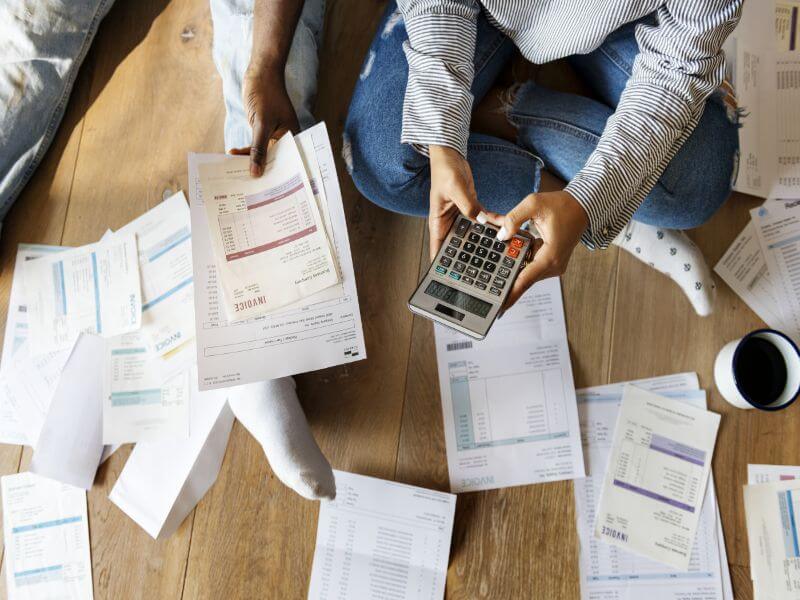
Get in Touch Today to Speak to a Specialist Adviser
More than one million Bounce Back Loan applications have been granted since they were introduced in May 2020, and more than £30 billion has been deposited into the accounts of small businesses in the UK.
This guide shares what directors should do during the company liquidation process if they have taken out a bounce-back loan.
W can also help if you are struggling to pay your bounce-back loan in the UK.
Businesses will remain liable for unpaid bounce-back loans even when they go bust.
Penalties have now been extended to target directors who use official and unofficial methods of closing down their insolvent company to ensure all unsecured debts are paid. This also applies if any director involved has committed wrongful trading laws.
The government’s bounce back loans have been one of the UK’s most popular emergency finance options and supported companies dealing with a decline during the coronavirus. With a bounce-back loan, there is no repayment or interest to be paid for 12 months once the loan has been taken out.
An overall low fixed interest rate of 2.5% makes it ideal for struggling businesses during this time.
One of the main reasons so many companies rely on a bounce-back loan is the government guarantee to repay creditors 100% of outstanding loan amounts if the borrower becomes an insolvent company. This secured debt gives businesses the cash they need to manage their current financial needs while ensuring loan repayments will be made to the creditor regardless of the future.
A limited company is not required to offer personal guarantees for these loans, meaning company directors are not held personally liable for the company with a bounce-back loan scheme.
However, over the years, the government has found that debts are rarely paid because many businesses are struggling during the fallout from the pandemic, meaning they are held liable for these repayments.
When a company struggles to make repayments, it may be time to close things down.
There are several ways that a company can officially go bust.
Previously, a company director could use an unofficial method such as a voluntary strike-off or company dissolution, which are inexpensive for directors.
As it is inexpensive, many company directors are incorrectly using these methods when their companies are dealing with financial issues, which is why the government has stepped in.
The government is now making it less accessible for businesses to close this way from here on out.
To prevent these kinds of closures, which can leave unsecured creditors out of pocket, every company director involved in a failing business must be investigated by licensed insolvency practitioners, even if they use voluntary dissolution of the company.
This brings the unofficial methods of closing a company in line with formal liquidation, ensuring directors are investigated during company insolvency to determine whether they are personally liable for the current issues.
This protects all creditors, including the government, if the company has taken out a bounce-back loan.
If you are part of the Bounce Back Loan Scheme but cannot make repayments, then you need to seek professional help immediately. You need to work with licensed insolvency practitioners as soon as you know your business is struggling.
An insolvency service like ours can help you avoid business closure altogether and will get you the right help.
However, if your company cannot be saved, your work with a licensed insolvency practitioner is still beneficial as it demonstrates that you intend to place creditors’ interests first. This is a key legal duty for all directors when their company enters liquidation and can make things easier to manage when the debt crystallises as an issue.
A Creditors Voluntary Liquidation (CVL) allows directors to meet their legal obligations while reducing the risks of fraudulent trading or misconduct accusations during insolvency.
This is important to note as a director because the penalties for those found guilty of fraudulent trading are serious and include personal liability to refinance existing company debt. As well as this, directors can also face disqualification lasting for 15 years, impacting their future careers.
This can all be avoided by working with a licensed insolvency practitioner like those on our team.
Contact us today or request your free, no-obligation initial consultation.
While every company with a bounce back loan hopes this will be written off during insolvency, there is no such plan yet.
Instead, firms must continue their standard recovery processes to handle liquidation costs, such as selling company assets.
Even though the government guaranteed Bounce Back Loans, this is not automatically written off if you’re self-employed and can’t repay it.
The only way to write off a self-employed sole trader’s BBL debt is to enter a formal insolvency process.
There is no hint that the UK government plans to convert bounce back loans into grants.
While this would be helpful for those making substantial claims, this continues to be a debt that the government needs to recoup in some way.
Any suspicious activity found during an insolvency investigation must be reported to HMRC.
The Bounce Back Loan should not be used like personal loans, meaning any director using it to buy personal assets will be made liable.
If a company with a bounce back loan goes bust, this loan can be written off with any other unsecured debt the company has.
The government will become another creditor that is owed money, which can be repaid by selling the company’s assets or through a personal guarantee on behalf of the director.
When a company closes due to liquidation, all assets belonging to the limited company will be sold to pay back creditors. The company’s assets will be sold to pay back any unsecured debt, including the bounce-back loan.
During this time, an insolvency practitioner will gain access to the business affairs and make decisions on behalf of the company. Assets will be sold for the economic benefit of creditors, and the company will eventually be removed from the Companies House register, meaning it ceases to exist.
Directors face risks during this time, such as dealing with preferential payments where they are made personally liable for any unsecured debt. If a loan is attached to personal guarantees, this can also affect the director.
If you want professional advice to manage liquidation, do not hesitate to contact us today.
Here are some other informative articles about business debt in the UK:

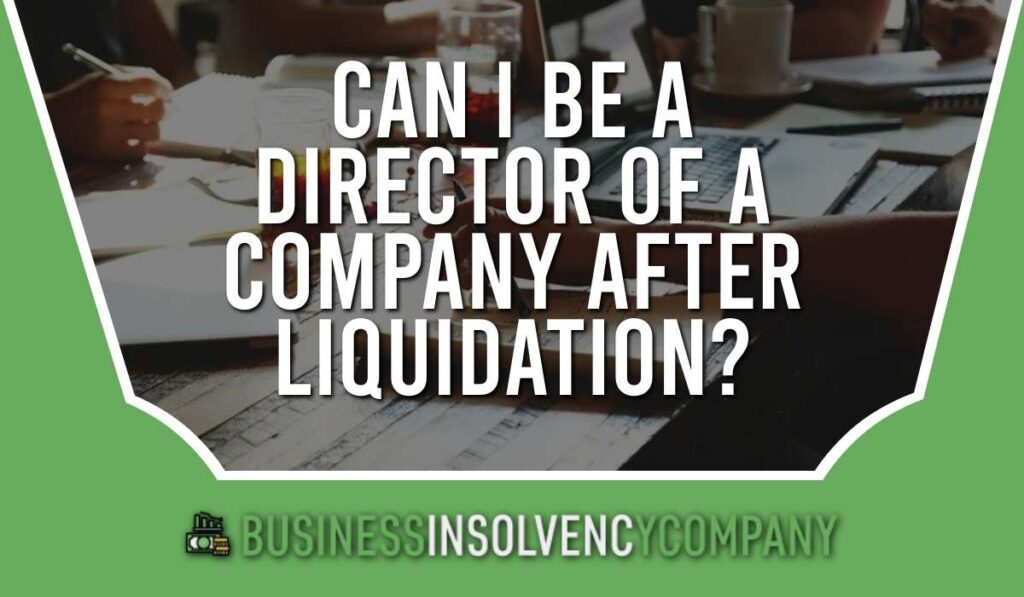


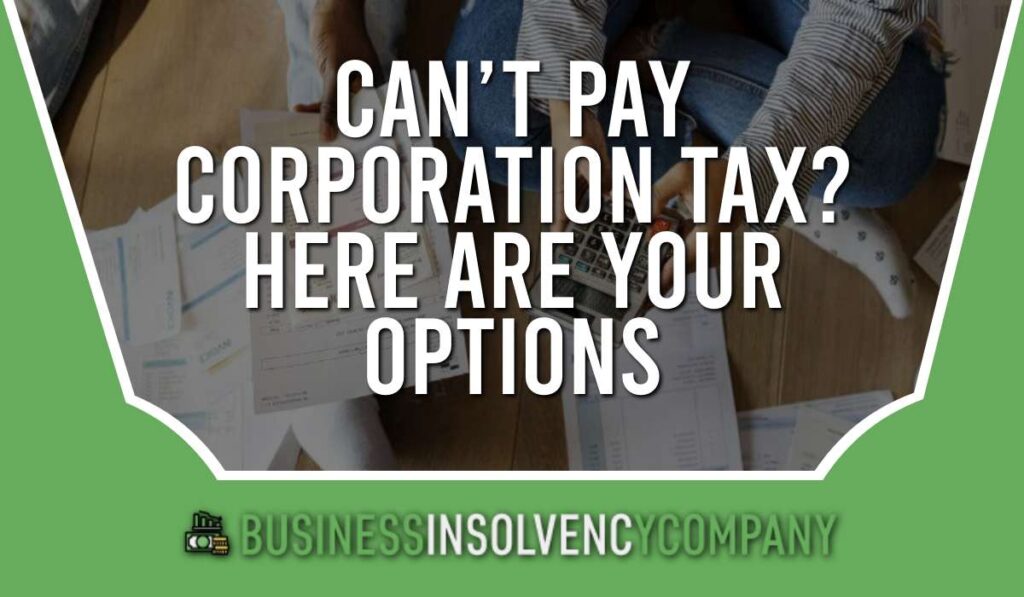
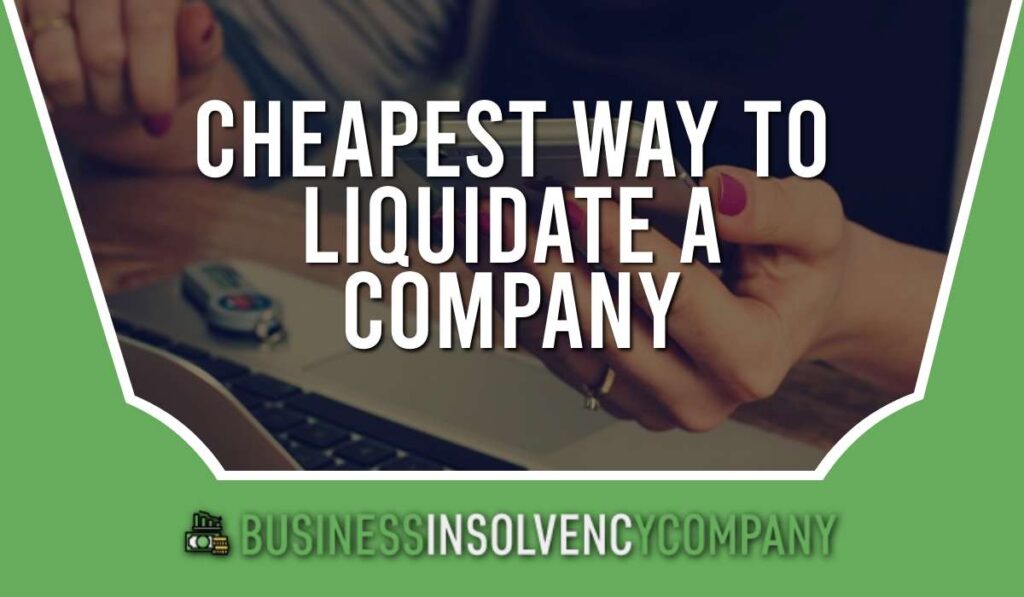
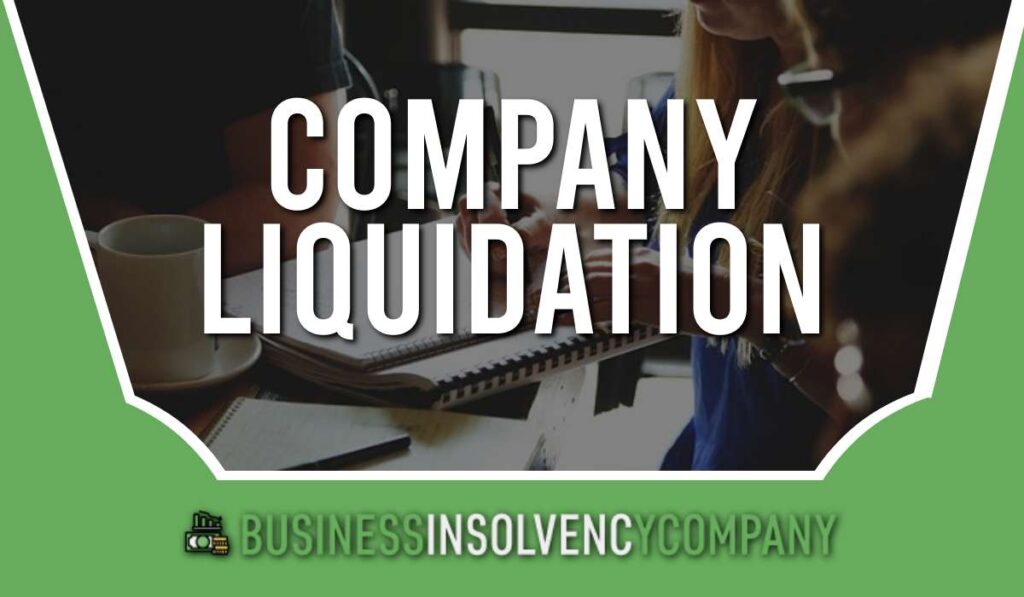
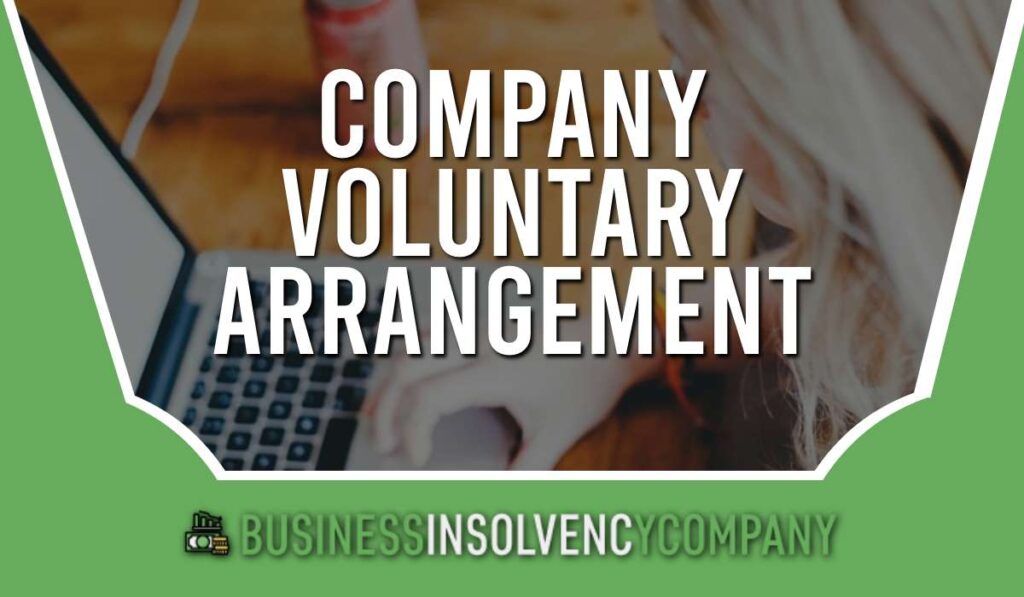

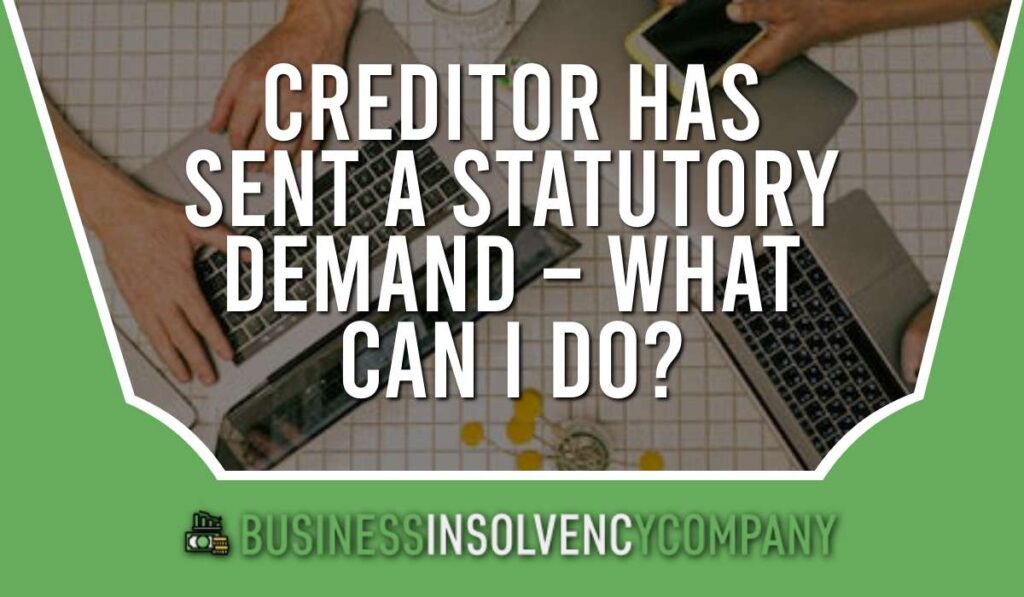
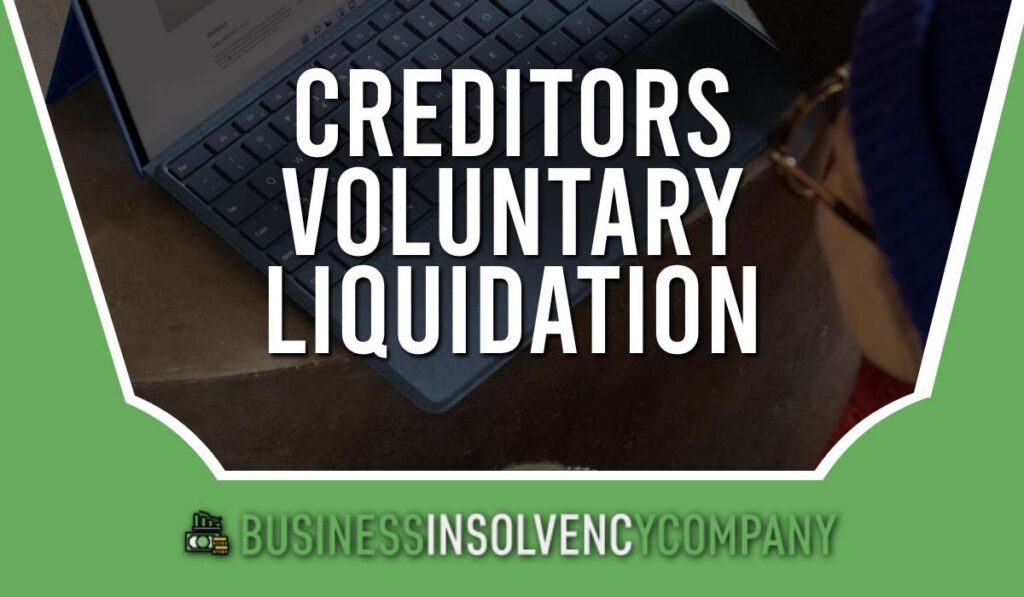
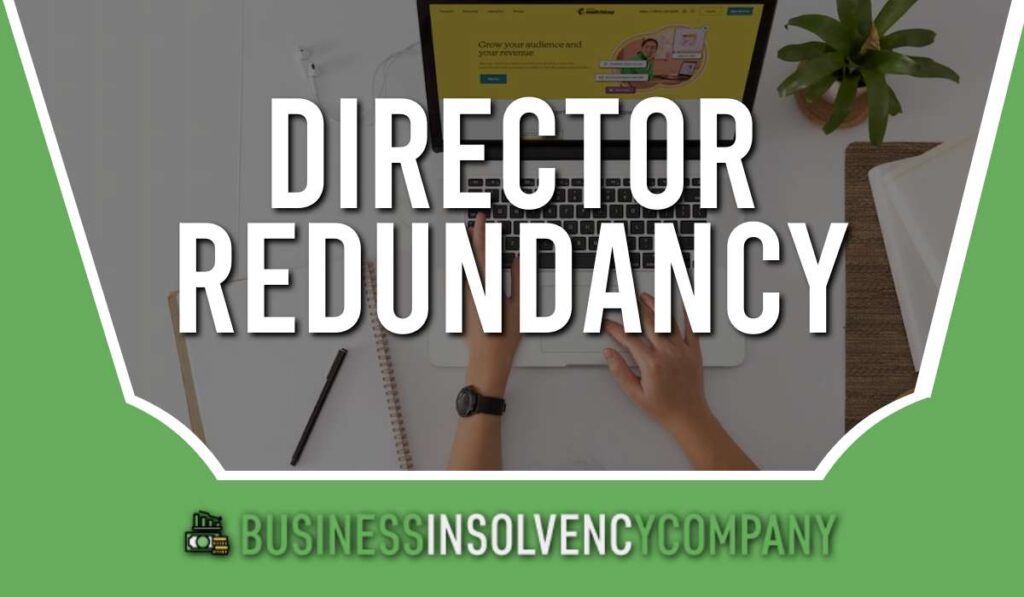
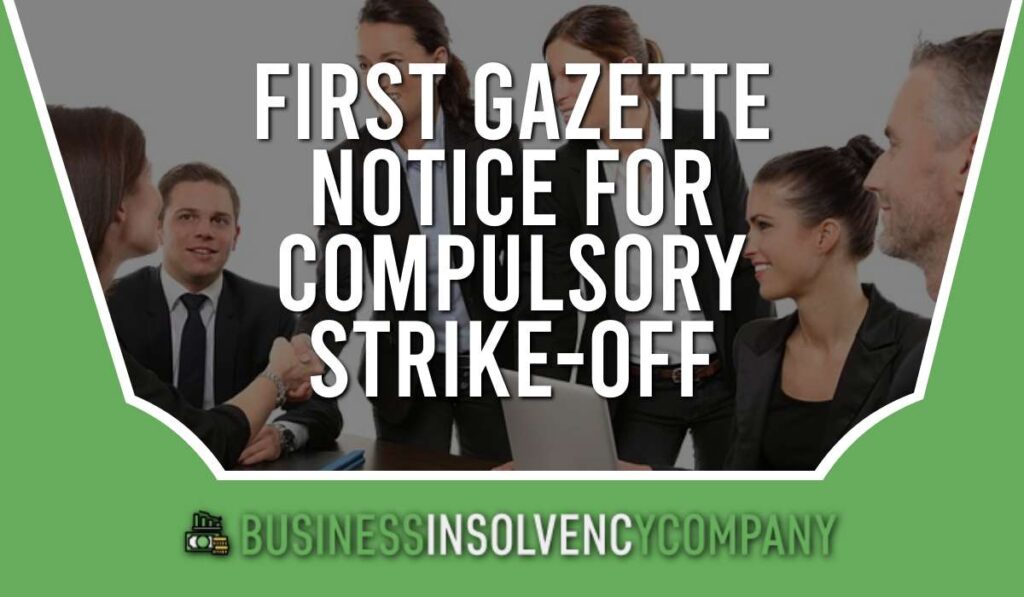
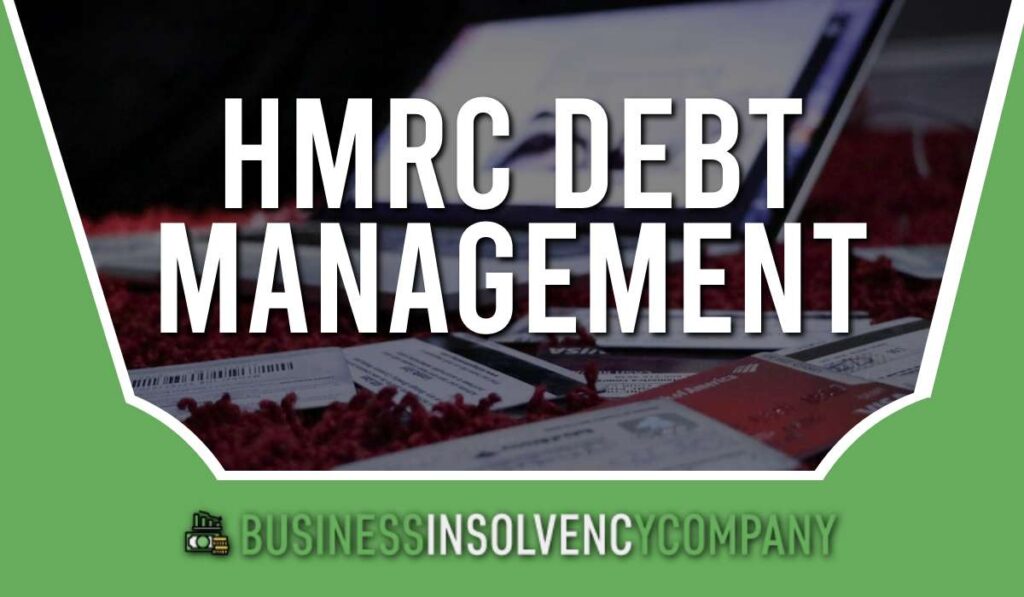

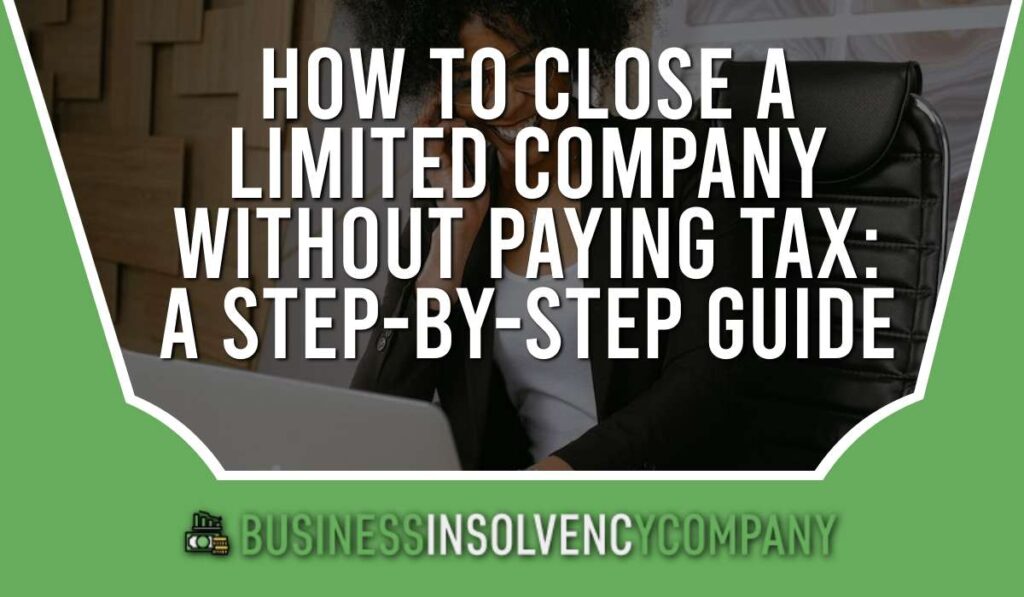
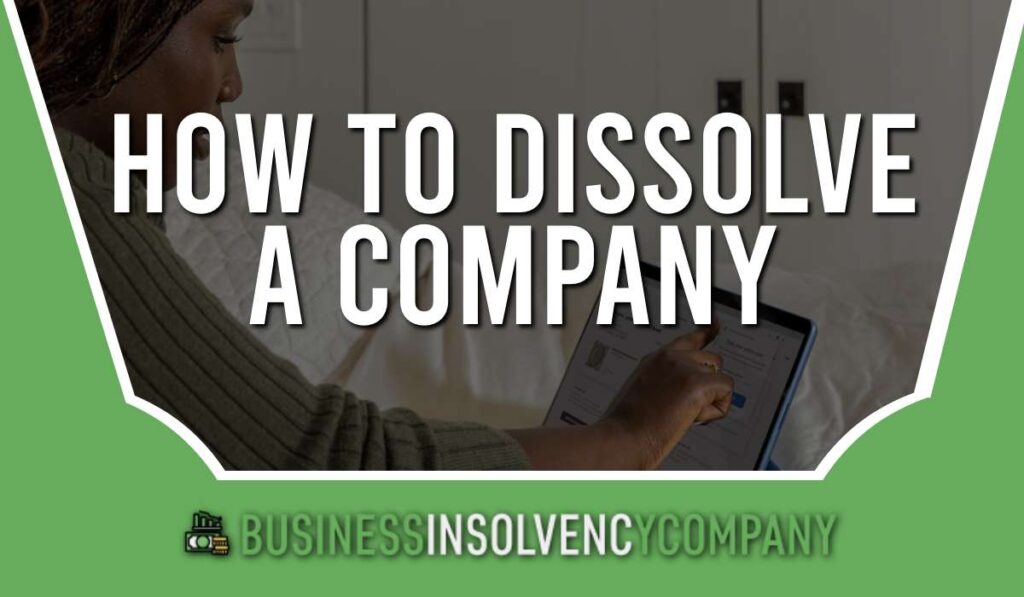



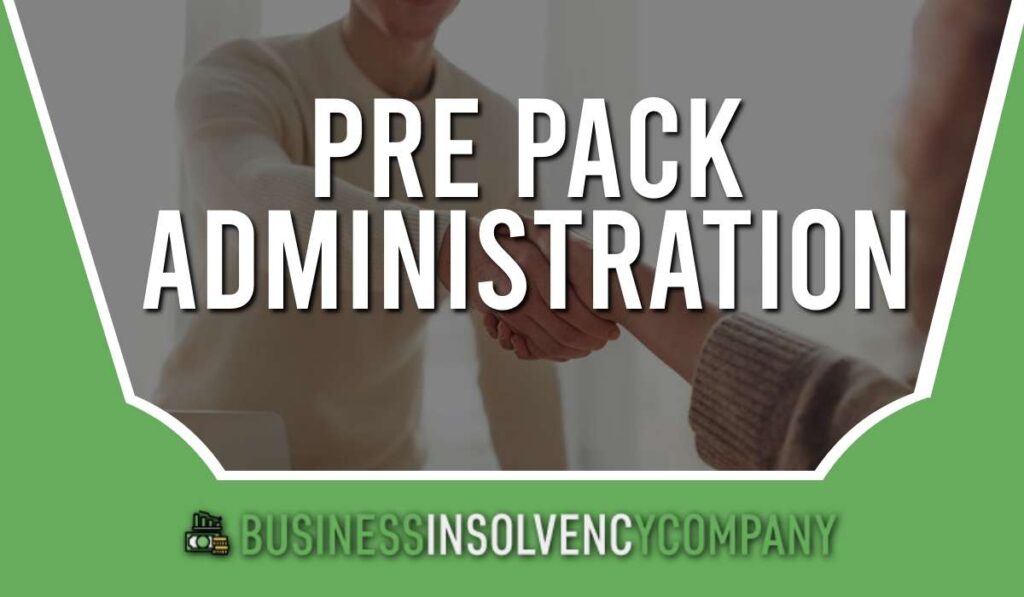





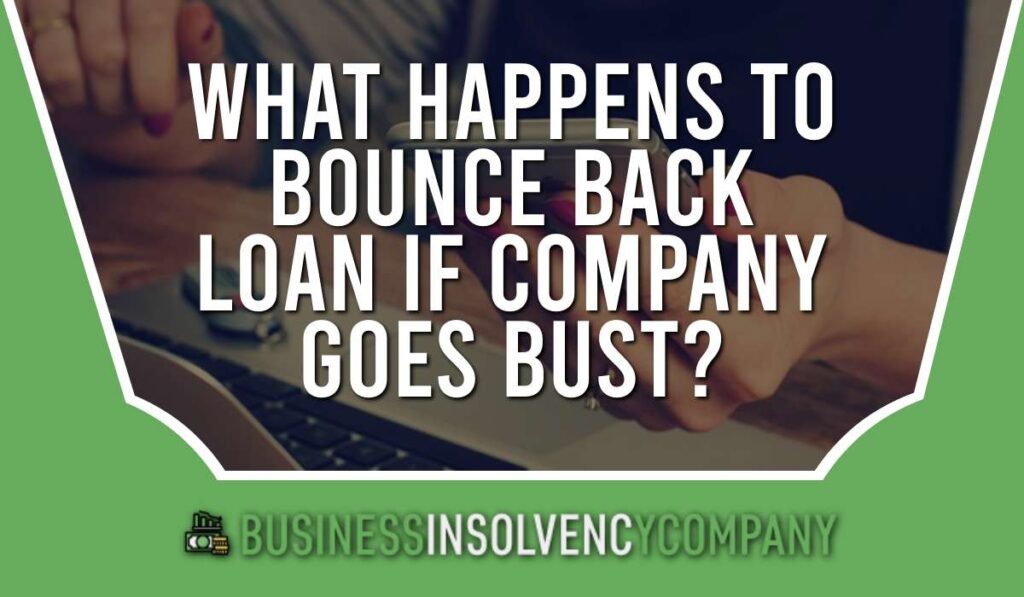
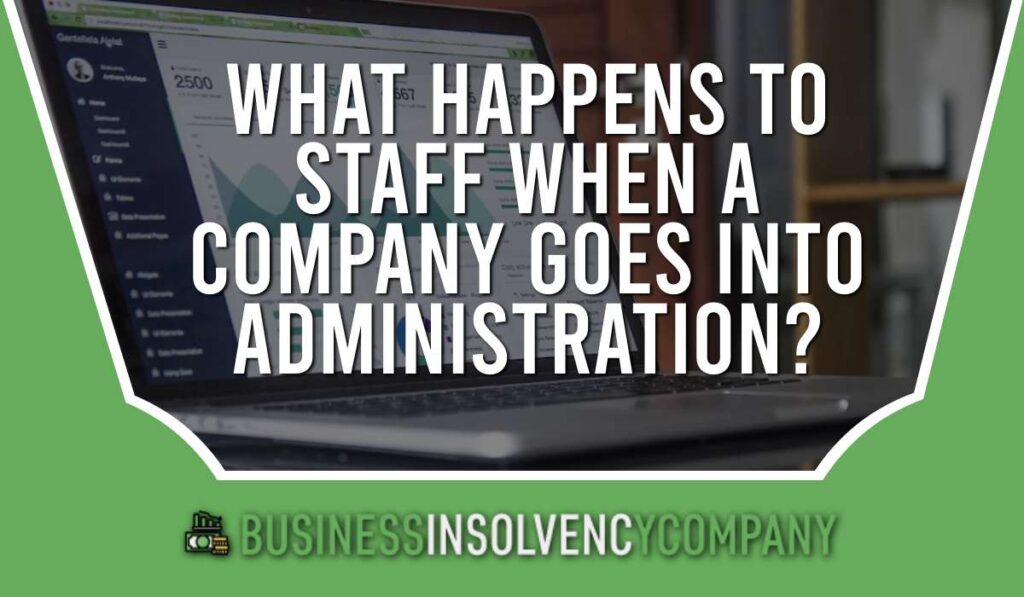

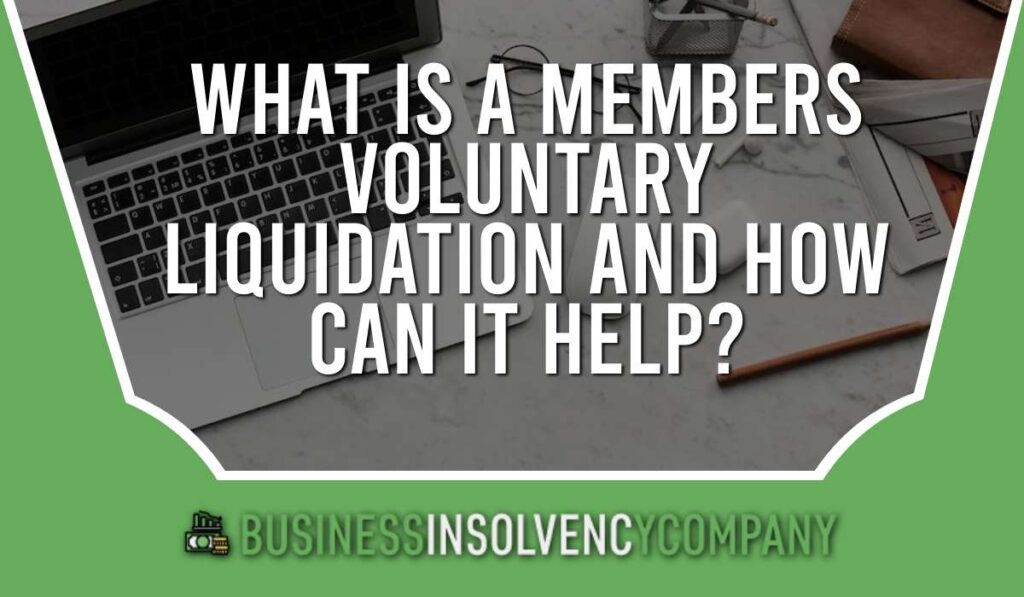

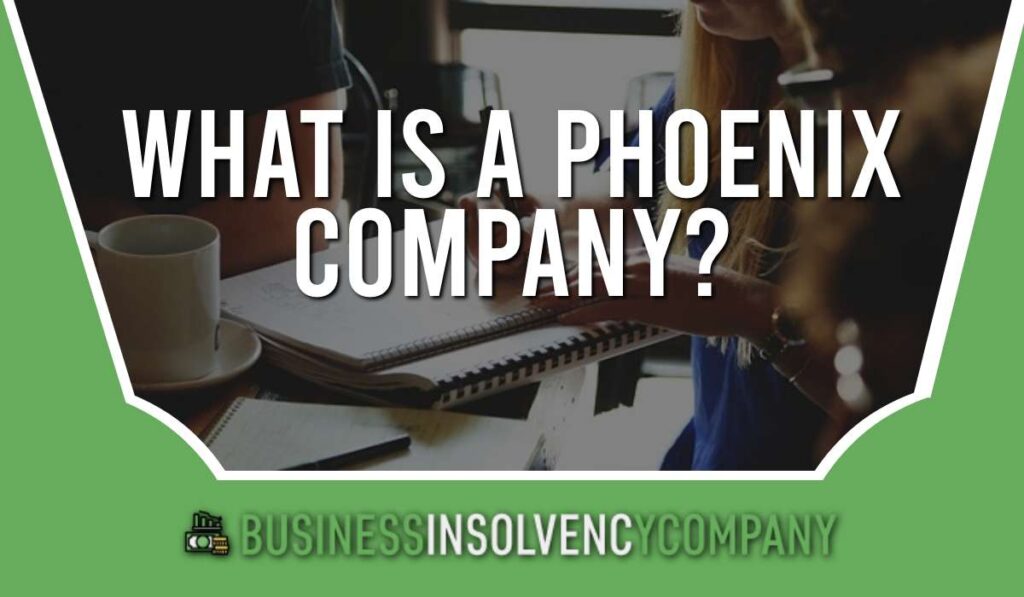

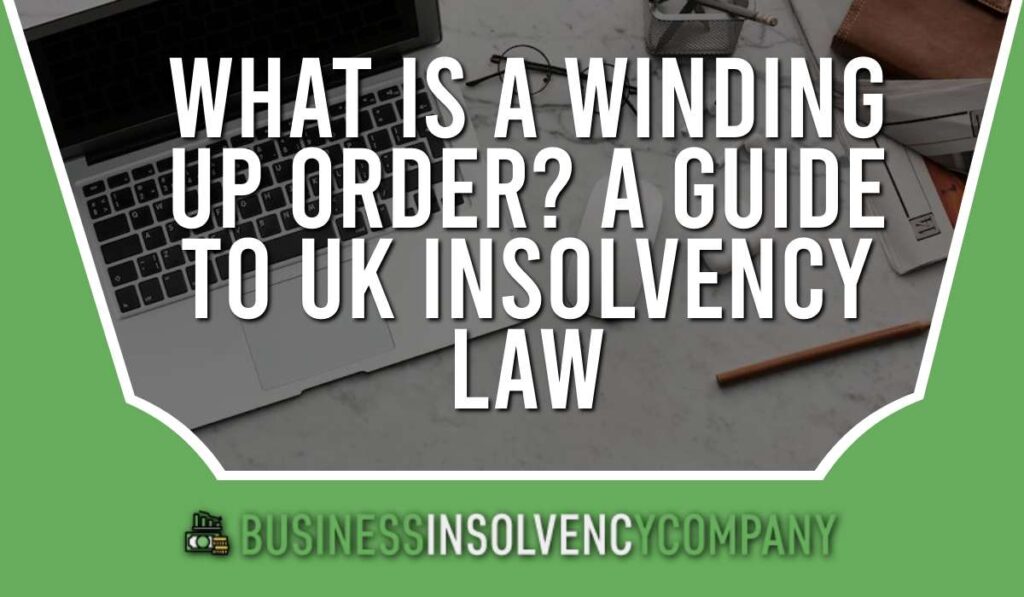




We Aim To Reply To All Enquiries With-in 24-Hours